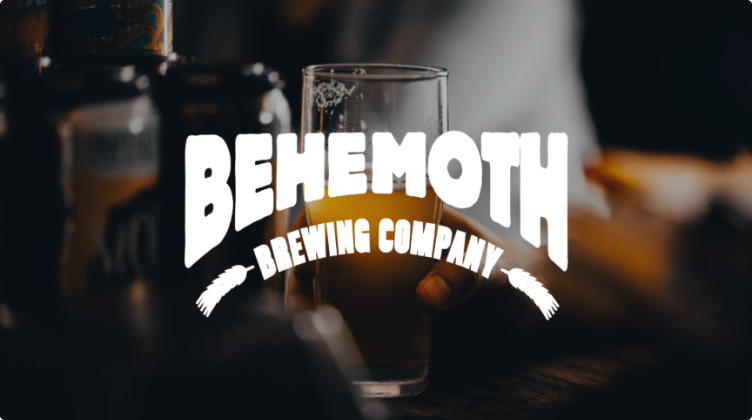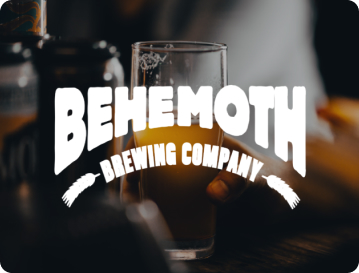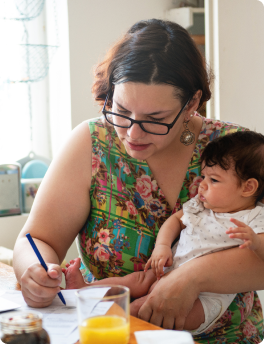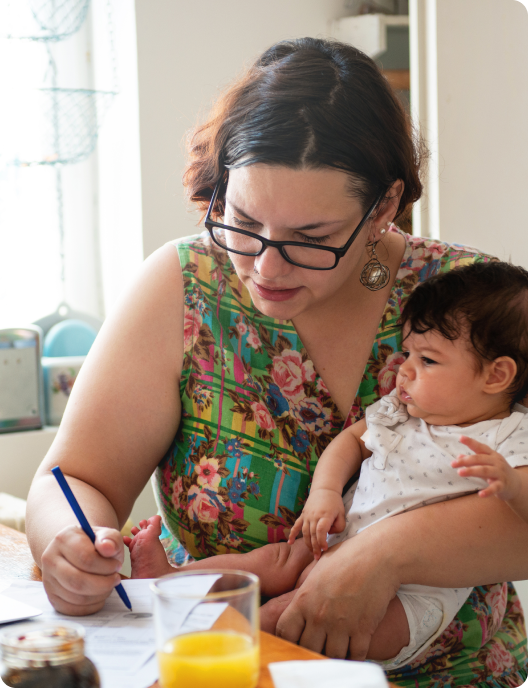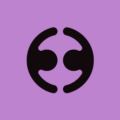How to Be a Lifelong Learner
Learning new things is essential for keeping your mind active and engaged – here are some tips on how to become a lifelong learner!

Contents
According to The UNESCO Institute of Lifelong Learning, lifelong learning is “the ongoing, voluntary and self-motivated pursuit of knowledge for either personal or professional reasons.” We can learn for the benefit of ourselves, our friends and family, our community, or even just for fun.
One of the best things about life is that we never have to stop learning
Thankfully, this doesn’t have to include going back to school or studying hours for exams.
Most of our educational and learning opportunities are during our childhood and adolescent years, but we have the potential to be lifelong learners. Learning doesn’t have to stop when we leave the classroom or walk across the stage at graduation.
There is so much more to be learnt, so much to be experienced, so much to be discovered and so much more to be explored. Whether it’s watching a documentary, reading a book, conducting your own research or completing an online course on platforms like Hubspot.
There is a never-ending list of ways you can add to your mental toolbox or even your resume.
Along with the many lifelong benefits of lifelong learning, it can improve your self-confidence, expand your practical life skills and improve your mental health. It also has the ability to promote mental sharpness and keep both your body and mind active and engaged.
6 Simple ways to be a lifelong learner
So you might be wondering how to develop and maintain this ever-growing mindset.
Follow these six simple ways to become a lifelong learner.
Be open to experiences
Remind yourself to be open: to new experiences, new possibilities and to opportunities for growth. Be open to the fact that we’re all students and we’ll forever be students. There’s always something new to learn, new skills to acquire and new viewpoints to understand.
Be open to seeking new opinions and perspectives, even if they differ from your own. It’s okay not to know a lot or not to know everything.
“Everything we hear is an opinion, not a fact. Everything we see is a perspective, not the truth.” – Marcus Aurelius
Embrace the beginner’s mind
I’m sure we’ve all had those moments in our lives when we were convinced we knew everything. That we didn’t need help and could do everything on our own. But truth be told, we couldn’t be any more wrong.
Ever heard of the Dunning-Kruger effect? It’s a type of cognitive bias in which people think they are a lot smarter and more capable than they really are. This means the more you think you know, the more narrow-minded you become.
The beginner’s mind is all about dropping our expectations and preconceived notions about some things. Seeing the world with an open mind and a fresh pair of eyes.
Ask silly questions
When you don’t know or are unsure about something, the best solution is to ask! It’s so simple, right? But we are all guilty of not asking questions and waiting for others to ask the question we want the answer to.
Whether this is out of fear of looking silly, feeling like an inconvenience or a burden to others, or even out of pride. Try to put these feelings aside and just do it. Know when to keep questions open-ended and don’t be afraid of follow-up questions.
Avoid questions that would usually get you a ‘yes’ or ‘no’. Instead ask more ‘who’, ‘what’, ‘when’, ‘where’ or ‘why’ questions that require more thought to answer.
Be proactive by seeking answers
Start by filling in the gaps. Look into who and where you can turn to for any questions you may have. Google is great!
Watch videos, read books, listen to podcasts or ask your friends and family.
Listen to listen; learn to learn
There are many types of listeners these days: there are those that simply ignore you, there are people who may pretend like they are listening and may even nod their heads from time to time, some may selectively listen and are just waiting for their turn to speak, others may even listen attentively but hear only from their frame of reference.
Very few people listen just to listen. Listening with full attention to understand the meaning of what is being said. This also applies perfectly to learning. The best way to learn is because you simply want to learn.
Have you ever felt that some topics you may have learnt in school would be interesting to learn more about now, but back then because you were forced to learn about it, you simply didn’t enjoy it?
Take action
Whatever you don’t use, you lose. Jim Rohn said, “Don’t let your learning lead to knowledge. Let your learning lead to action”. Goals that aren’t used, decline. Strong feelings that aren’t used, disappear. Energy that isn’t used, decreases. Knowledge that isn’t used, is forgotten. Every day you don’t use, is lost.
Make sure that everything you have is being used, otherwise you simply lose.
The next step
It’s never too late to start learning. Keep learning, try new things, and push yourself to achieve more. Whether that’s by reading more, asking more questions, taking formal or informal classes and courses, or simply just exploring the world.
The benefits of learning can extend far beyond your job and career but also into your personal and social life.
Want to learn more? (Hint: your answer should be ‘yes’ by now)
Employment Hero’s blog has a wide variety of great reads ranging from employment law, remote working, product, HR, payroll, benefits & wellness, leadership & management, news, to employee wellbeing.
You’re sure to find something that interests you.
Related Resources
-
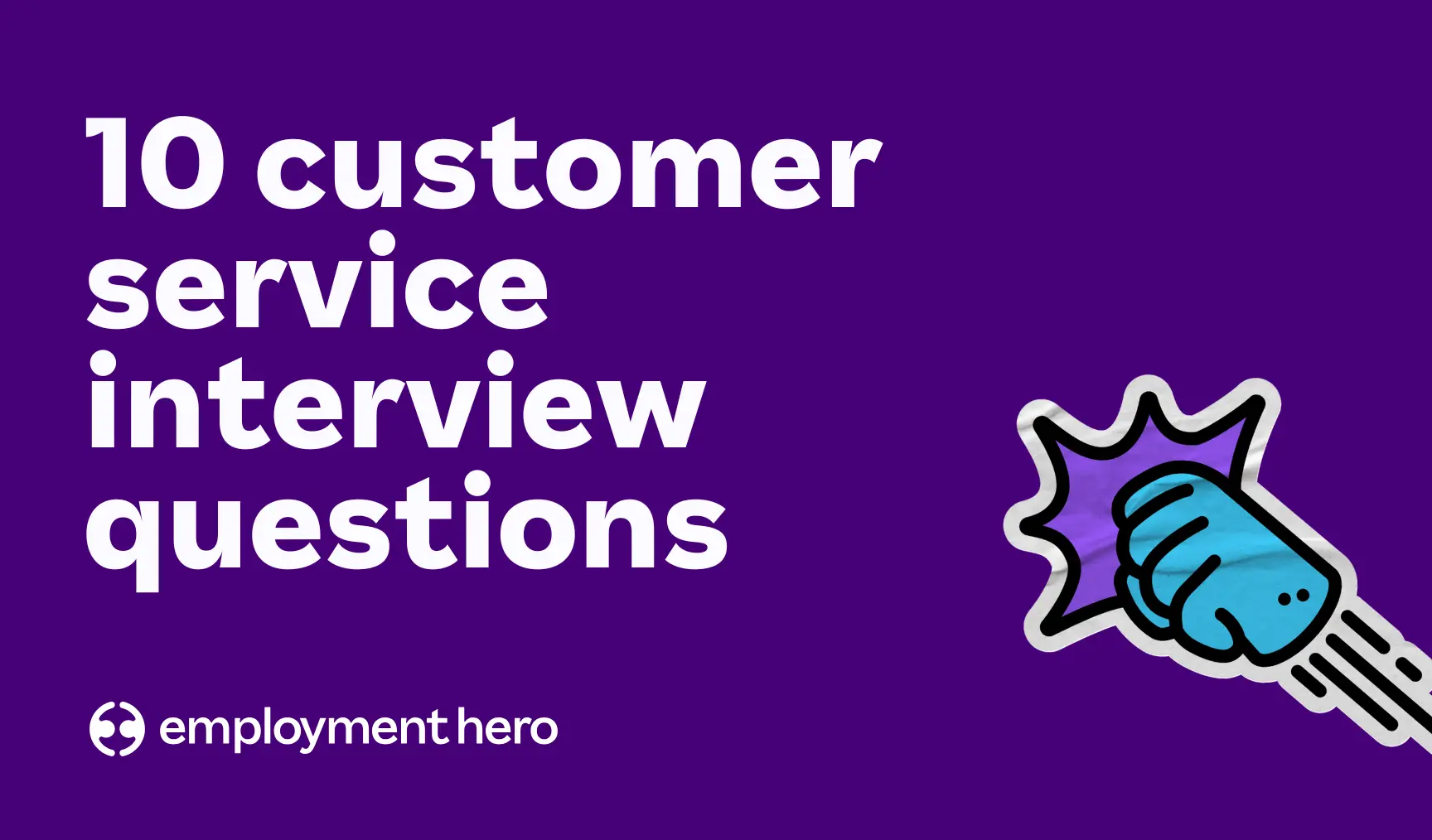 Read more: 10 customer service interview questions for employers
Read more: 10 customer service interview questions for employers10 customer service interview questions for employers
Hiring for a customer service role? These 10 interview questions will help you find the right person for the job.
-
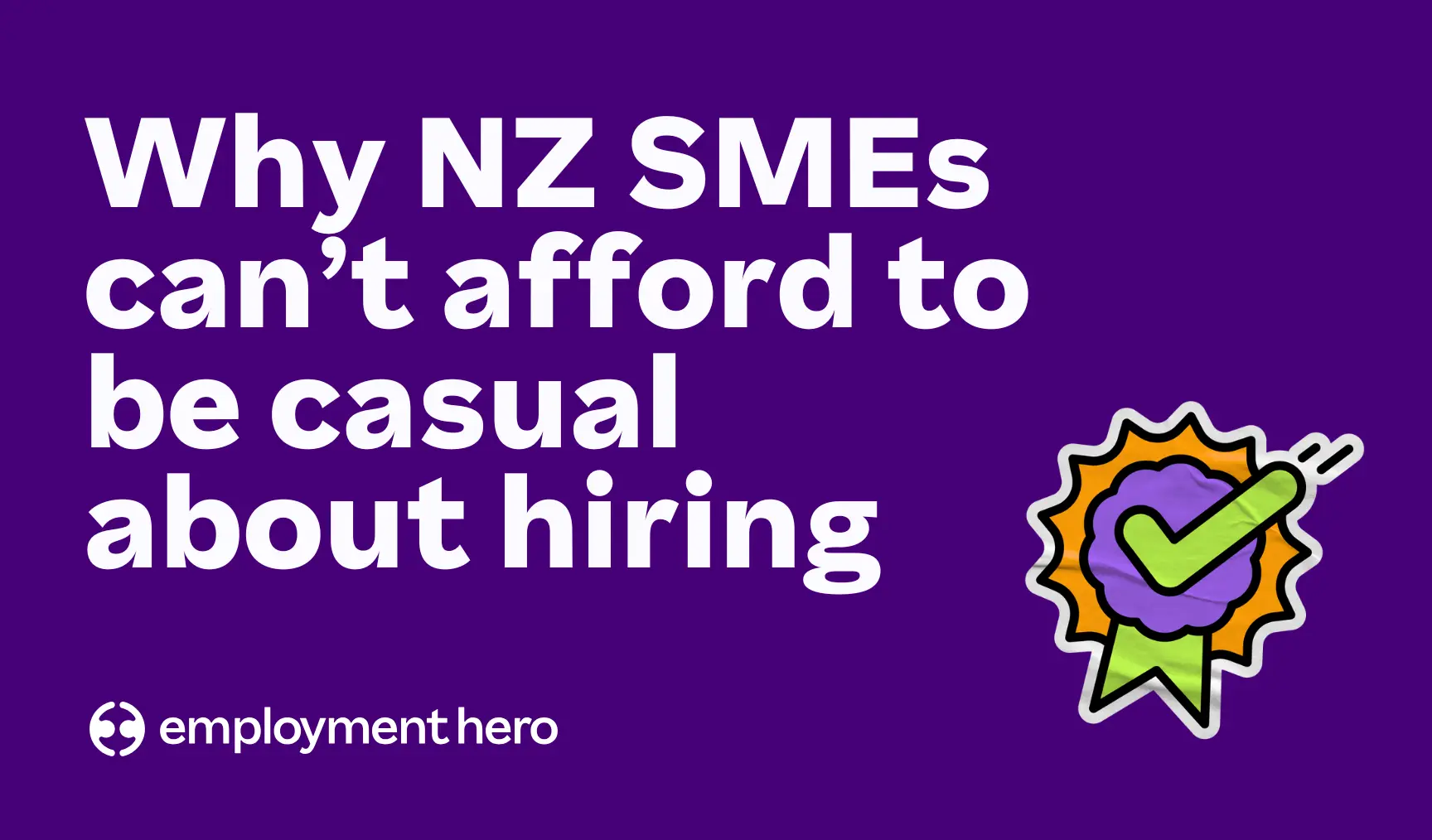 Read more: Still Coasting? Why NZ SMEs Can’t Afford to Be Casual About Hiring
Read more: Still Coasting? Why NZ SMEs Can’t Afford to Be Casual About HiringStill Coasting? Why NZ SMEs Can’t Afford to Be Casual About Hiring
The casual approach to hiring is costing you – find out how to snap out of it.
-
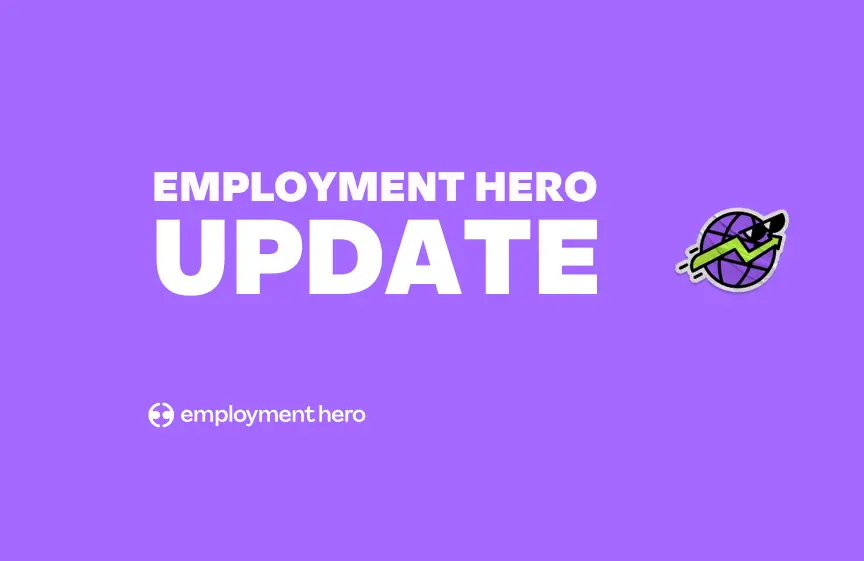 Read more: SEEK Cut the Cord. Here’s What We’re Doing About It.
Read more: SEEK Cut the Cord. Here’s What We’re Doing About It.SEEK Cut the Cord. Here’s What We’re Doing About It.
Seek is ending Employment Hero’s API access. Read about what we’re doing and how we are building a faster and…




